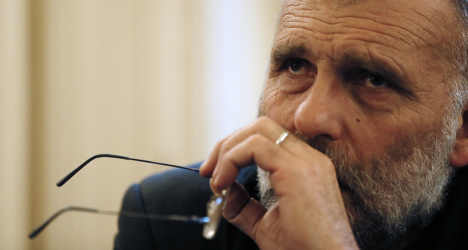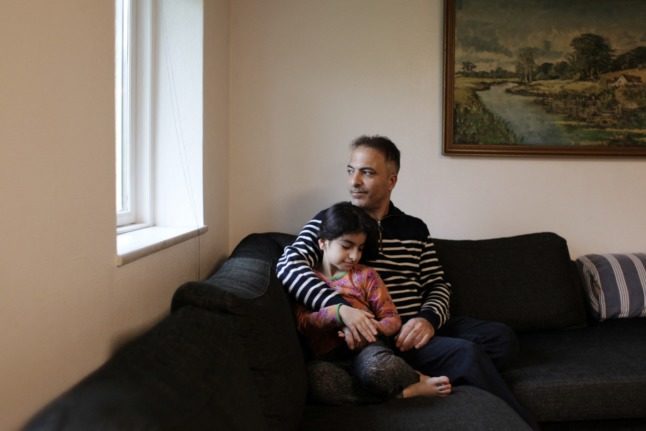Who is Father Paolo?
Father Paolo Dall'Oglio is an Italian priest, born in Rome in 1954, who has lived in Syria for more than 30 years.
He became a Jesuit in 1975 and then travelled to the Lebanese capital of Beirut to study, before moving on to Syria.
In 1982 he discovered the ancient Deir Mar Musa monastery north of Damascus, which was abandoned in the 1800s.
Father Paolo set about restoring the monastery, and formally re-established a community there in 1992.
Why is he in the news?
Earlier this week, activists and media reported that Father Paolo had been kidnapped in Syria. It is incredibly hard to get accurate information from a country in a state of civil war.
Some say he has chosen to break off contact as he negotiates the release of hostages, while others say he was abducted when walking in the eastern city of Raqqa.
An unverified video dated July 28th shows Father Paolo at a Raqqa rally, the day before activists first spoke of his disappearance.
Why is he important?
Father Paolo is praised for fostering inter-faith dialogue in Syria. As leader of the Deir Mar Musa monastery, he gained international acclaim for his work with Christians and Muslims, winning a number of awards including a peace prize from the region of Lombardy in 2012.
How has he fared during the civil war?
Rather than hide away in his monastery, Father Paolo has played an active role in the Syrian uprising, which began in 2011 and quickly descended into civil war.
“In June [2012] I was in Qusayr…in a hospital of the revolution offering my blood to wounded people under the shelling of the regime,” he told France 24.
While Father Paolo has faced personal risk, it is his outspoken views which recently landed him in trouble.
Such as?
“From day one, the Syrian regime chose violence, physical repression and deepening the action of torturing people in jail. They were consistent on their track of repression, that was their style for decades,” he said in an interview with France 24.
President Bashar al-Assad doesn’t take kindly to such criticism and had the priest thrown out of the country in June 2012.
It is believed he crossed the Turkish border back into Syria last week.
What now for Father Paolo?
Whether kidnapped or not, Father Paolo faces great danger in being in Syria during the civil war.
However, he has powerful supporters. The Italian Ministry of Foreign Affairs is currently investigating, while on Wednesday Pope Francis voiced his concern over the whereabouts of the fellow Jesuit.



 Please whitelist us to continue reading.
Please whitelist us to continue reading.
Member comments